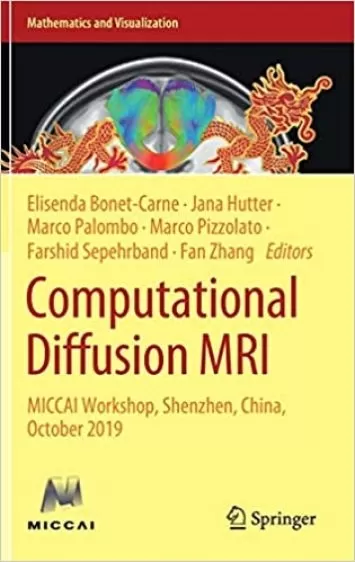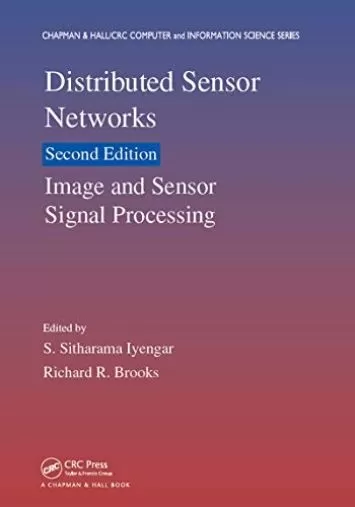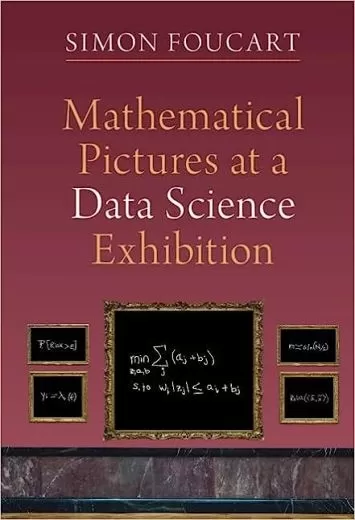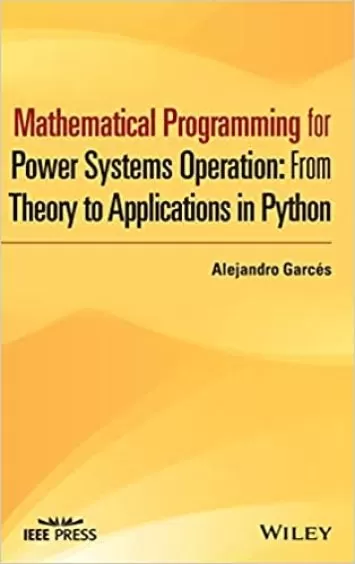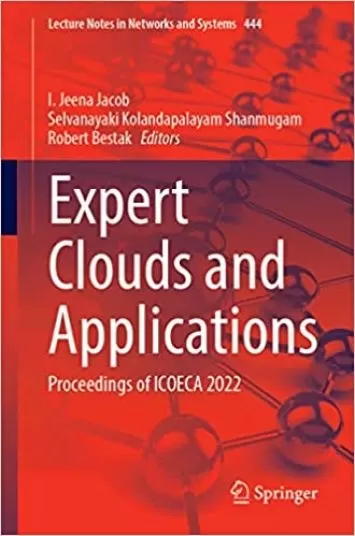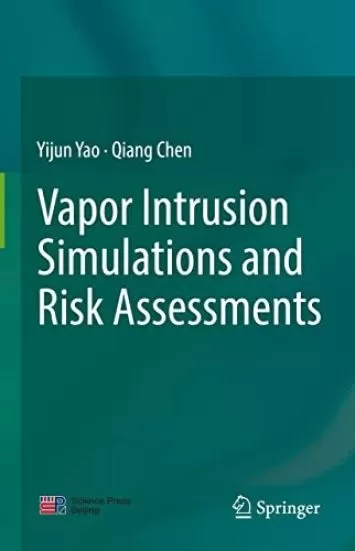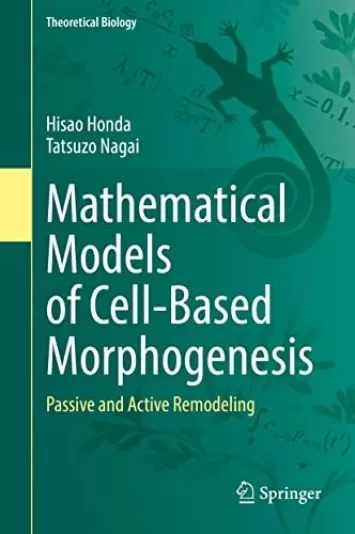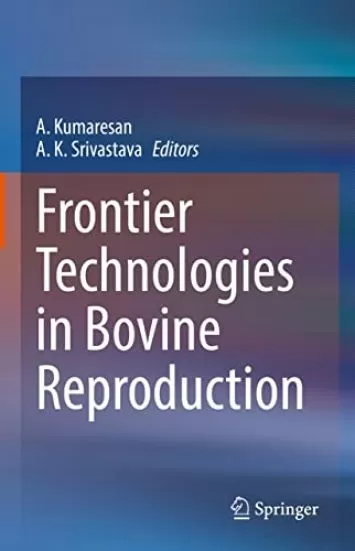
Iterative Learning Control for Equations with Fractional Derivatives and Impulses (Studies in Systems, Decision and Control Book 403)
Author
Publication
Springer
From the Back Cover
This book introduces iterative learning control (ILC) and its applications to the new equations such as fractional order equations, impulsive equations, delay equations, and multi-agent systems, which have not been presented in other books on conventional fields. ILC is an important branch of intelligent control, which is applicable to robotics, process control, and biological systems. The fractional version of ILC updating laws and formation control are presented in this book. ILC design for impulsive equations and inclusions are also established. The broad variety of achieved results with rigorous proofs and many numerical examples make this book unique.
This book is useful for graduate students studying ILC involving fractional derivatives and impulsive conditions as well as for researchers working in pure and applied mathematics, physics, mechanics, engineering, biology, and related disciplines.
--This text refers to the hardcover edition.About the Author
Shengda Liu received the B. S. with the major of mathematics from the School of Mathematical Sciences, Harbin Normal University, Harbin, China, in 2012, and the M. S. and Ph. D. with the major of applied mathematics from the School of Mathematics and Statistics, Guizhou University, Guiyang, China, in 2016 and 2019, respectively. He is currently a post-doctoral fellow at the State Key Laboratory of Management and Control for Complex Systems, Institute of Automation, Chinese Academy of Sciences. His current research interests include iterative learning control, fractional order equation and control theory and its application in rehabilitation robots.
Michal Fečkan has been a Professor of Mathematics at the Department of Mathematical Analysis and Numerical Mathematics in the Faculty of Mathematics, Physics and Informatics at the Comenius University in Bratislava, Slovak Republic since 2003. He received the master‘s degree (mathematics) from Comenius University in Bratislava in 1985 and PhD (mathematics) from the Mathematical Institute of Slovak Academy of Sciences in Bratislava, Slovak Republic in 1993. He is interested in nonlinear functional analysis, bifurcation theory, dynamical systems and fractional calculus with applications to mechanics, vibrations and economics. --This text refers to the hardcover edition.








